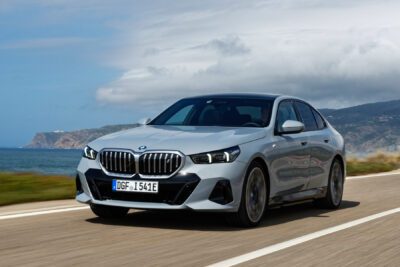Denmark ups taxes for ICEs and incentives for EVs
The Danish parliament has passed a tax plan that should help bring at least 775,000 electric and hybrid cars onto the road by 2030. The plan envisions a gradual increase in taxes and charges for cars with a combustion engine and lower taxes for electric cars and charging.
In principle, the parliament wants to link the amount of tax to CO2 emissions rather than to mileage. With this plan, the legislative body is following an earlier recommendation from the Danish Climate Council. The budget for the measure is estimated at 2.5 billion Danish kroner or around 340 million euros. According to estimates, the plan will mean greenhouse gas emissions of more than 2 million tons can be spared.
In 2025, the Danish government wants to take stock of the situation and discuss further measures to achieve its ambition of one million electric and hybrid cars by 2030. The proposed tax and incentive measures are driven by Denmark’s goals formulated in 2018 to ban the sale of new cars with diesel and gasoline engines from 2030, and the roadmap to reduce carbon emissions by 70 per cent by 2030 compared to 1990 levels.
Many cities are already making great efforts in public transport. Denmark’s six largest municipalities have committed themselves this year to procure only electric city buses from 2021. To this end, Copenhagen, Aarhus, Odense, Aalborg, Vejle and Frederiksberg signed what is called the Climate Cooperation Agreement with the Danish Ministry of Transport in June.
Currently, of the 2.5 million vehicles registered on Danish roads, only 20,000 are electric.
reuters.com, bloomberg.com, thelocal.dk, skm.dk (official statement in Danish), skm.dk (details as PDF)





0 Comments